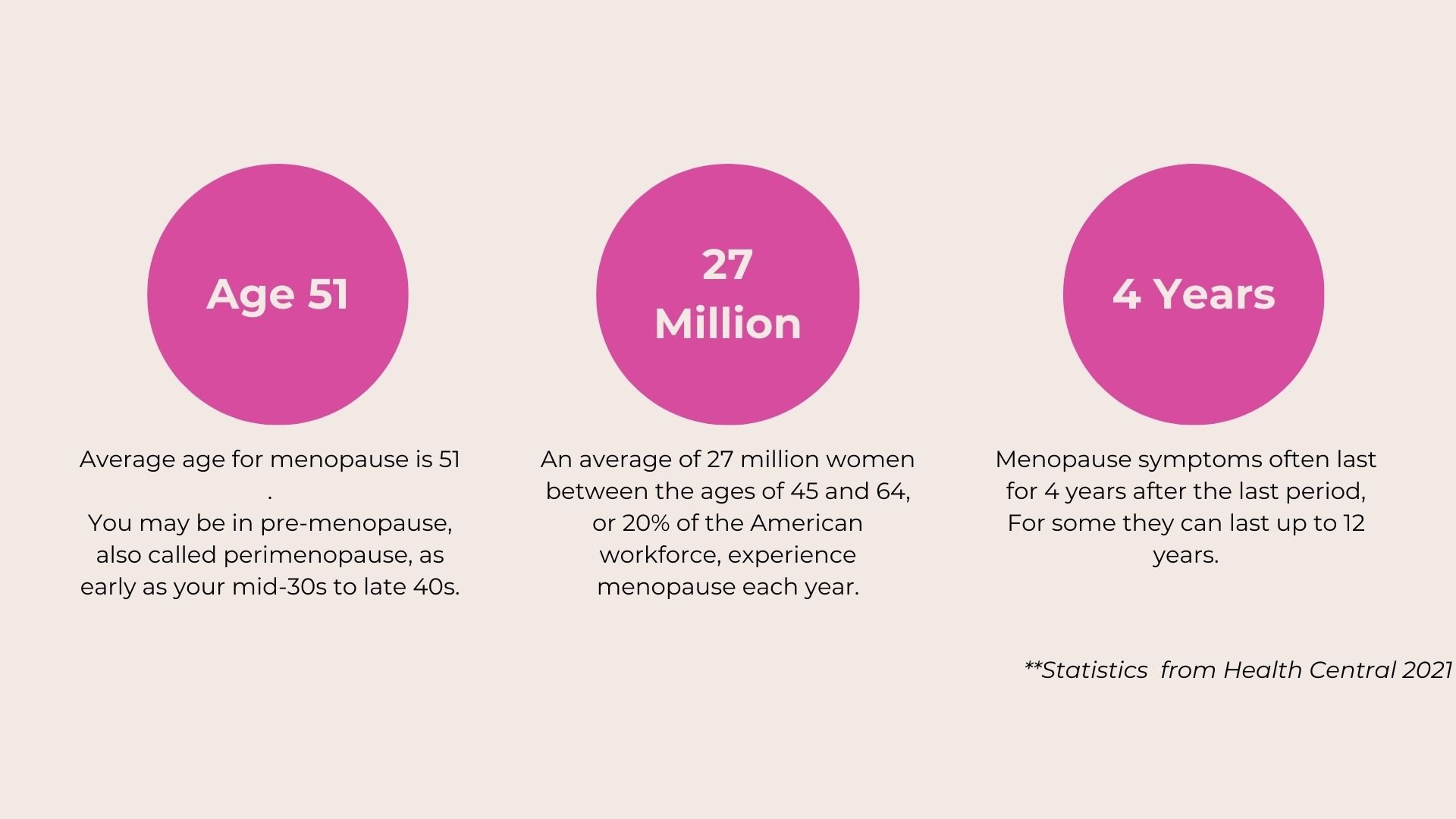Understanding the Importance of Estrogen in Perimenopause & Menopause
Are you a woman in your 30s, 40s, or early 50s, or do you know someone who is?
If you've experienced unexplained mood shifts, sleep troubles, or changes in your body that leave you feeling lost – you're not alone.
These could be signs of a hidden culprit: the decline of estrogen, your body's powerhouse hormone.
In this week's article, I'm pulling back the curtain on estrogen. I'll explain:
Why estrogen is vital for way more than just your menstrual cycle.
The surprising symptoms that can signal its decline.
Strategies to support your body during this transition.
Think of it as your guide to understanding what's happening and how to take charge of your well-being!
Meet the Estrogens
Our bodies produce four types of estrogen, each with unique functions:
Estrone (E1): Mainly produced after menopause, but much weaker than estradiol.
Estradiol (E2): The star player, vital for metabolic health. Levels decline significantly during menopause.
Estriol (E3): Important during pregnancy.
Estetrol (E4): Exclusively made during pregnancy.
Key Fact: By menopause, we have only 1% of the estradiol we did in our 20s!
Estradiol's Role and Symptoms of Decline
Hormonal Shifts throughout our Lifetime
Let's get more specific about what happens during perimenopause. Here's the clinical picture:
Fluctuating estrogen: Estradiol levels rise and fall unpredictably, sometimes spiking higher than normal, before ultimately declining.
Progesterone changes: Progesterone production also becomes erratic and often decreases early in perimenopause.
Feedback loops: The complex communication between your brain and ovaries gets disrupted, leading to irregular periods and ovulation patterns.
The Impact of these Hormonal Changes
The ups and downs of estrogen and progesterone during perimenopause create a cascade of effects, explaining symptoms like:
Hot flashes & night sweats: Linked to fluctuating estrogen affecting the brain's temperature control center.
Vaginal concerns: Declining estrogen levels impact the vaginal lining and lubrication.
Mood swings: Estrogen interacts with neurotransmitters involved in mood regulation.
Tips for Managing Estrogen Decline
Stay informed: Educate yourself from trusted sources.
Balanced diet: Focus on whole, nutritious foods.
Build muscle: Strength training is key.
Meditate: Manage stress and support mental well-being.
Your Estrogen Toolkit
Change can be overwhelming, but knowledge is power! Download the Estrogen Toolkit to help you take control of your health during the menopause transition.
Resources for Your Journey:
Books:
We Can Work Together
Menopause is a natural process, but navigating it doesn't have to be a struggle. As your health coach, I'm here to help you:
Optimize your nutrition.
Build strength and support your changing metabolism.
Implement stress-management techniques.
Remember, you are not alone. I'm here to support you on this journey!






